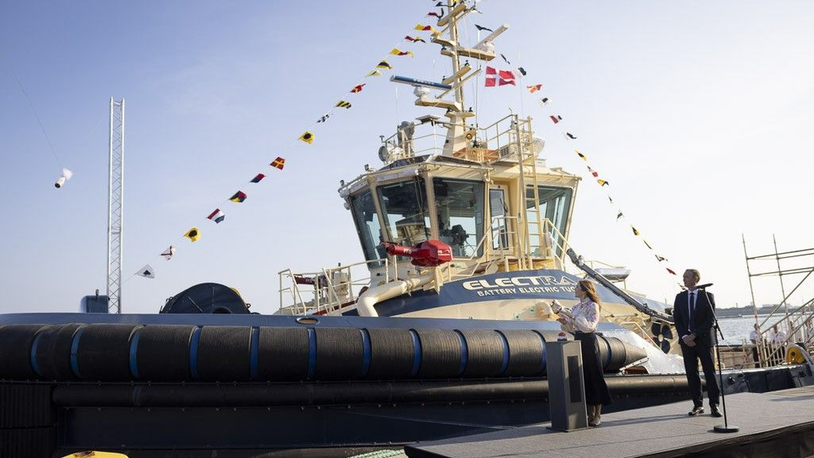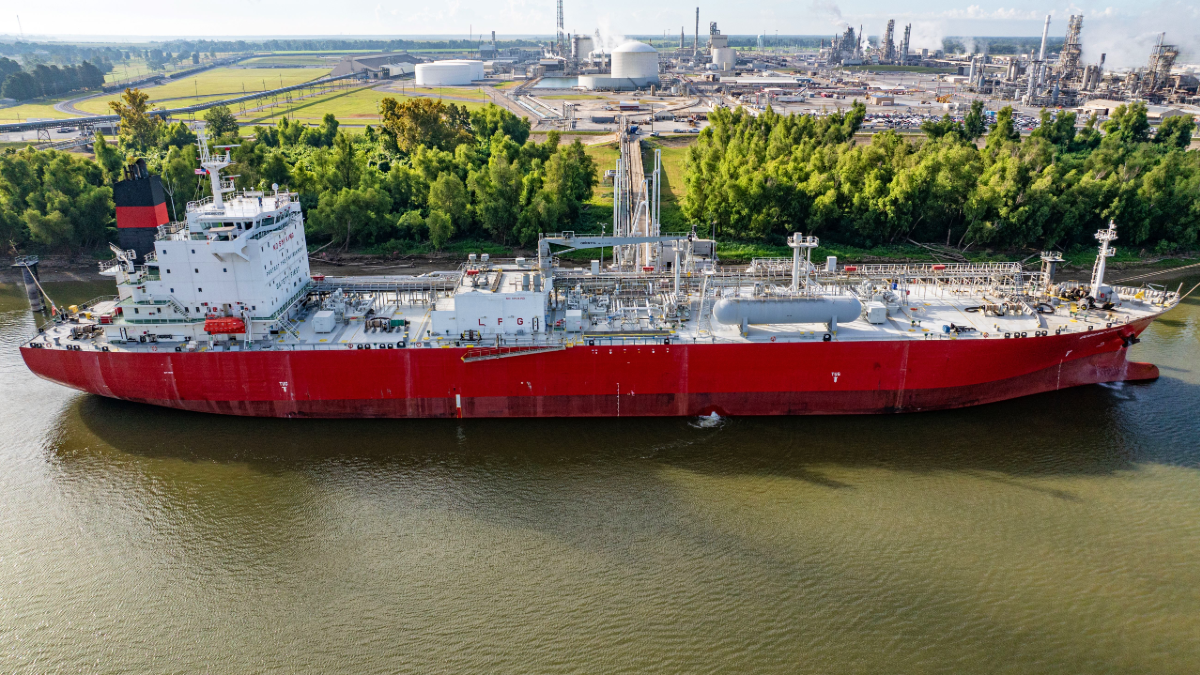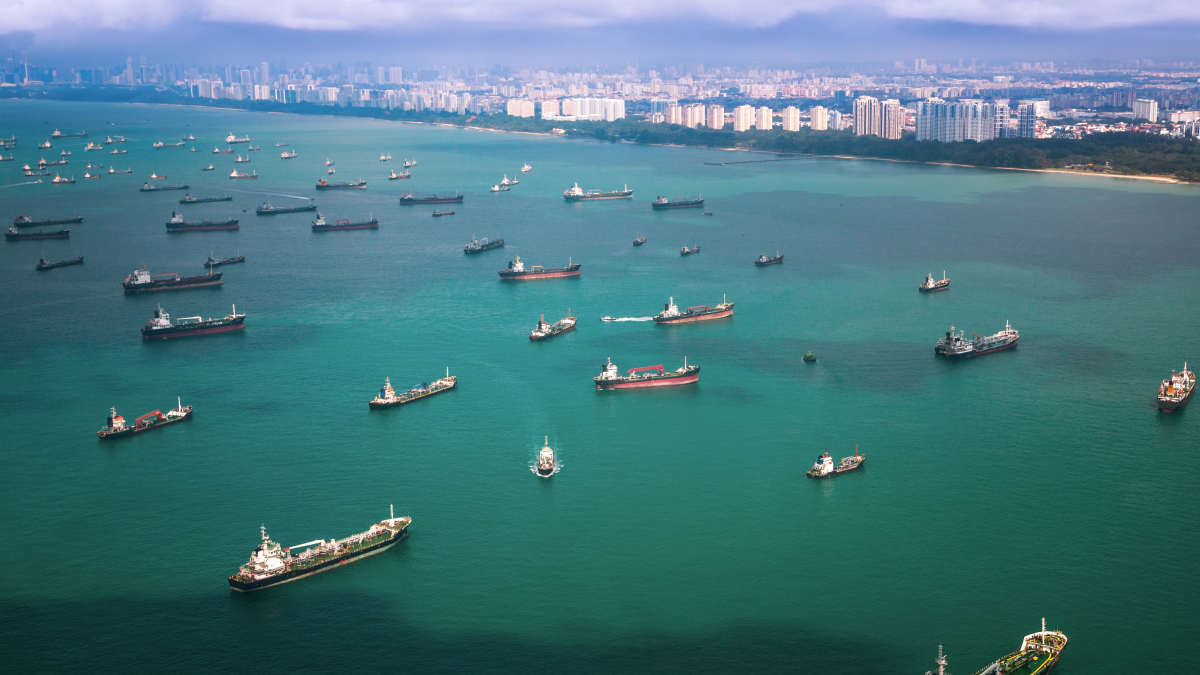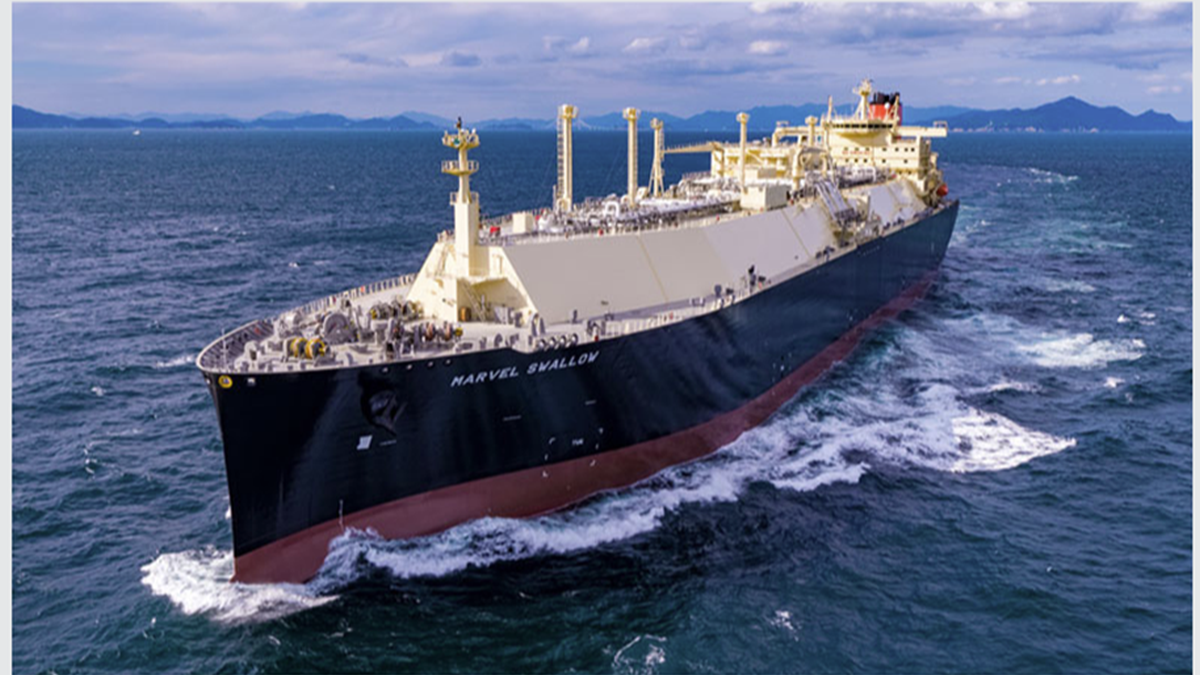Business Sectors
Events
Floating energy: successfully unlocking stranded gas using FLNGs and FSRUs
Contents
Register to read more articles.
Greek shipowners to 'carefully navigate' IMO's new net-zero framework
The Greek shipping community has responded with mixed feelings to the new net-zero framework approved during the recent MEPC 83 meeting of the International Maritime Organization (IMO)
While shipowners recognise the significance of this milestone, they have also voiced concerns, particularly over the treatment of LNG as a fuel.
The framework introduces a new fuel standard for ships and a global pricing mechanism for greenhouse gas emissions. Compliance will be monitored through a two-tier system – comprising a base target and a direct target – under which ships can earn ’surplus units’.
In a brief statement following the announcement, the Union of Greek Shipowners (UGS) acknowledged that while the agreement includes several positive aspects, it also raises notable concerns. The fact that the deal was passed by a majority of 63 member states rather than through unanimous consensus was cited as one indication of division among IMO members.
Balanced but ambitious
GasLog chief operating officer Kostas Karathanos told Riviera the new regulatory framework is set to reshape the global maritime landscape.
“It presents both significant challenges and opportunities, requiring careful navigation to ensure a level playing field across the global fleet,” he said.
Mr Karathanos emphasised the adoption of mid-term greenhouse gas reduction measures marks a pivotal step in aligning the shipping industry with global climate goals.
“The targets set under the two-tier system represent a more balanced approach compared with some of the earlier, more stringent proposals,” he noted. Mr Karathanos added these changes reflect the shipping community’s input, including reservations and constructive feedback shared during consultations.
“The trajectory remains ambitious, particularly from 2031 onwards, and is expected to generate substantial funding aimed at accelerating decarbonisation efforts within the sector,” he added.
Endorsement of the ‘polluter pays’ principle
Among the more widely welcomed elements of the framework is its recognition of the polluter pays principle. UGS president Melina Travlos commended the decision to allocate compliance costs to the commercial operator of the vessel.
Mr Karathanos echoed this sentiment, stating although its implementation lacks the specificity and enforceability of the EU’s regulatory approach, it still sets an important precedent for future market-based mechanisms in global shipping.
Greek shipping companies have long advocated for a clearer distinction between shipowners and charterers in determining emissions accountability and associated costs.
LNG classification criticised
A key concern among Greek stakeholders is the framework’s treatment of LNG. The UGS criticised the agreement for failing to recognise the strategic role of transitional fuels such as LNG in decarbonisation efforts.
“It treats them in an unfair way, undermining pertinent investments and the industry’s efforts to decarbonise,” said Ms Travlos.
Mr Karathanos described the decision as a “missed opportunity.”
“Despite its potential as a transitional fuel with lower carbon intensity, LNG has been grouped with other fossil fuels, limiting its role in the near-term decarbonisation roadmap,” he explained.
BRS Shipbrokers – citing data from UCL Energy Institute’s Shipping and Oceans Research Group – reported in its latest weekly update that LNG dual-fuel vessels may face phaseout by 2032 unless modified with biofuels or carbon capture, marking “LNG’s decline as a marine fuel”.
Sign up for Riviera’s series of technical and operational webinars and conferences:
- Register to attend by visiting our events page.
- Watch recordings from all of our webinars in the webinar library.
Related to this Story
Events
Maritime Regulations Webinar Week
Floating energy: successfully unlocking stranded gas using FLNGs and FSRUs
© 2024 Riviera Maritime Media Ltd.












